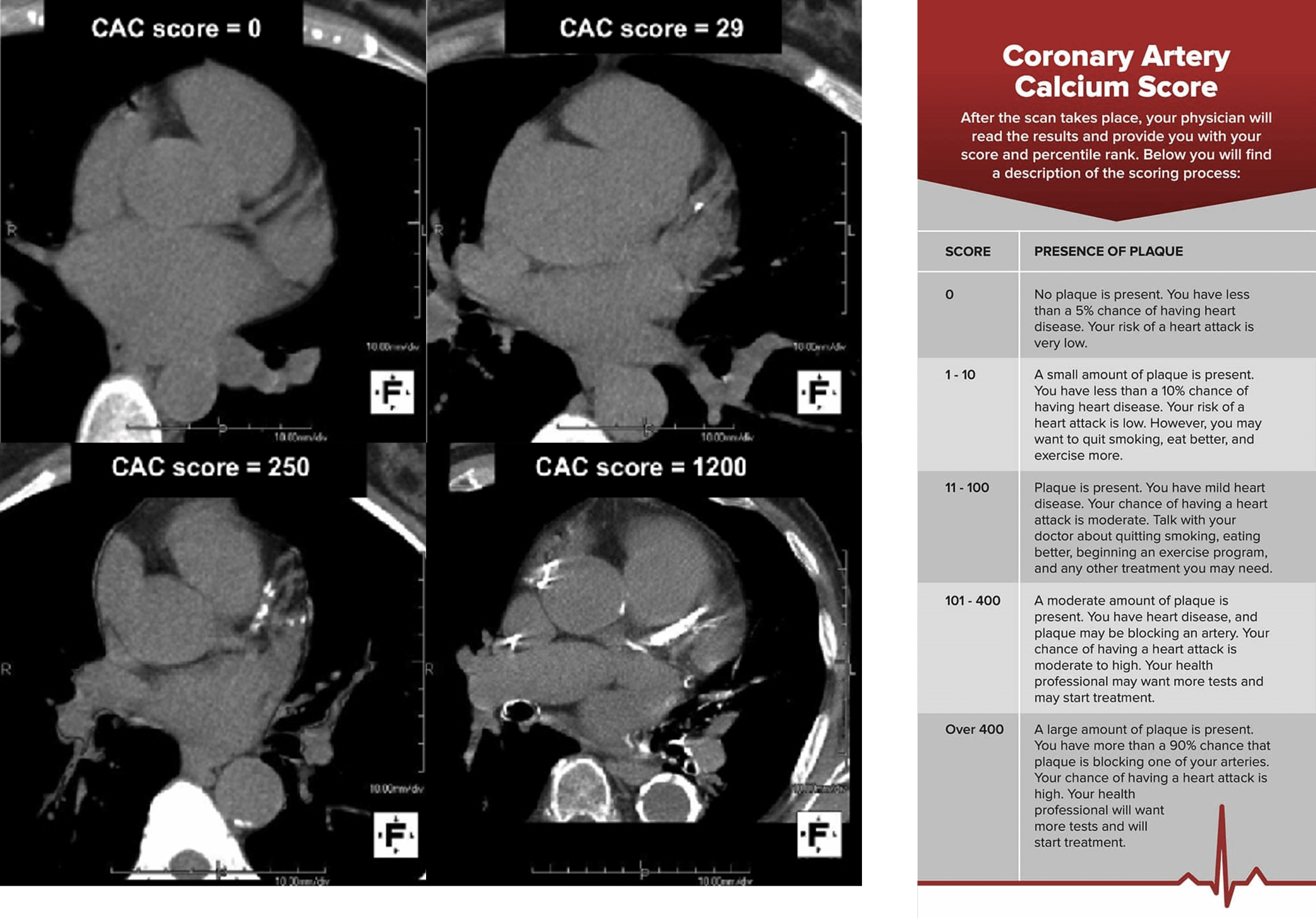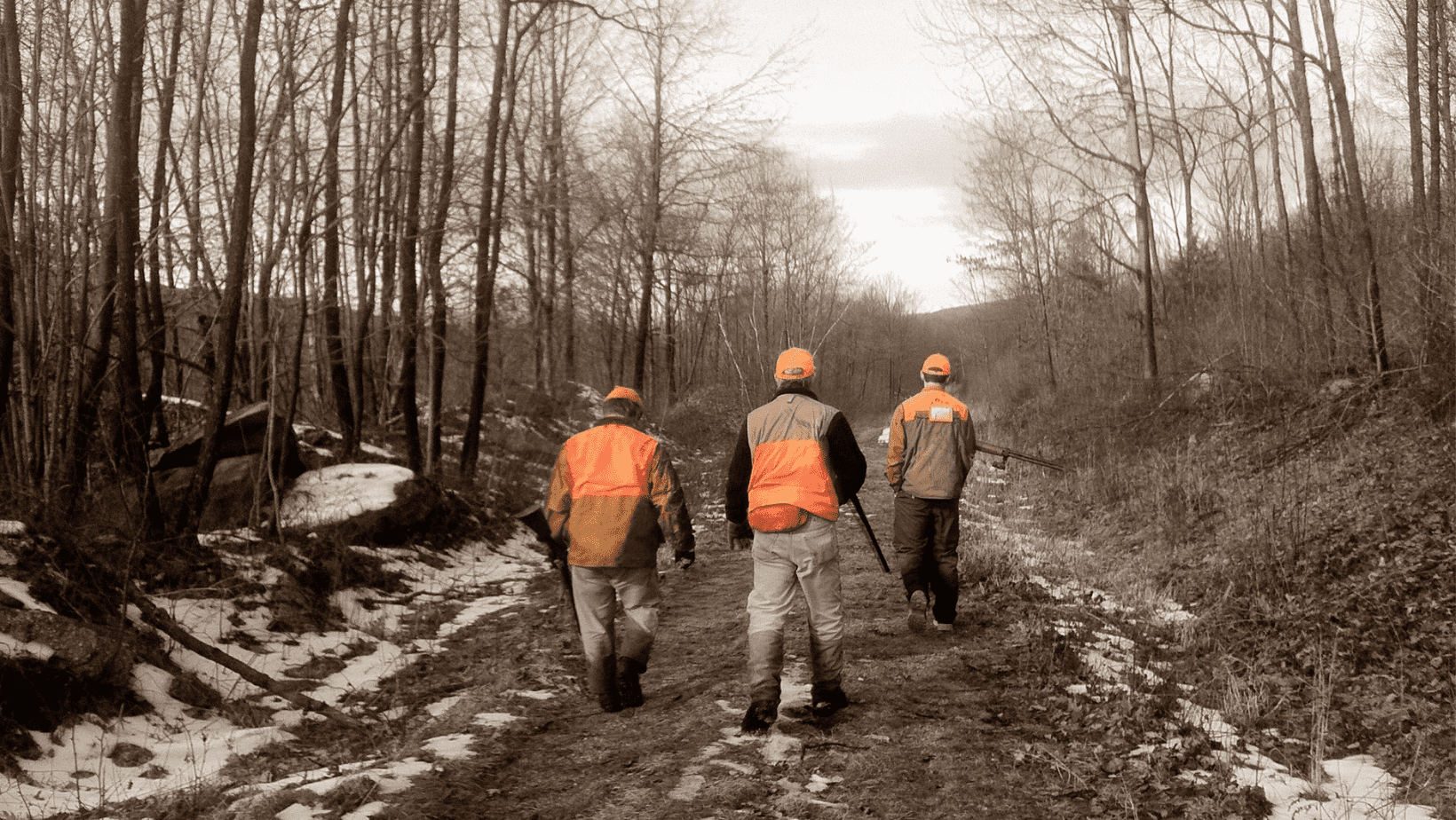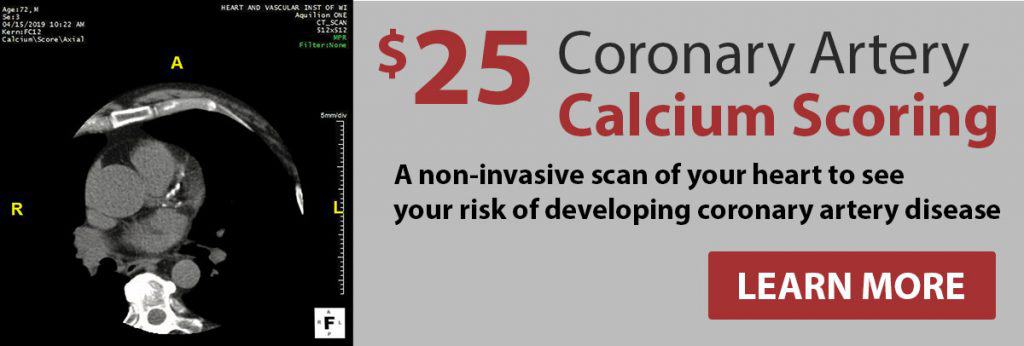Hunters: Make Sure Your Heart is Healthy Before Heading into the Woods this Season
Deer hunting season in Wisconsin is a Fall tradition that ranks right up there with football and pumpkin pie. Head to any Packer game at Lambeau Field in November and you’ll see as many people decked out in blaze orange and camouflage as you will in green and gold. This year alone, the Wisconsin DNR anticipates nearly 600,000 hunters will take to the woods during the nine-day gun hunt season from November 19-27 – with even more participating in this year’s bow and muzzleloader seasons.
Hunters up here mean serious business when they get in the woods, too. The Wisconsin DNR says hunters in Wisconsin spend upwards of $2.5 billion every year. From new cold-weather gear to the latest trail cams, deer stands, and everything in-between, you can be sure hunters in Wisconsin will be heading into the woods fully-prepared this year.
That said, as you start prepping your gear and planning your hunts, there’s one preparation that you can’t afford to overlook: your heart health.
Why Hunters Need to Be In-Tune with Their Heart’s Health
Every hunter knows that safety is the #1 priority when heading out on a hunt. It’s why you always wear blaze orange, and why hunters are required to take hunter safety courses. One area of personal safety that sometimes gets overlooked when hunting, however, is our own personal health.
Living in Wisconsin, it’s not uncommon to see tragic stories in the news each year of hunters dying from heart attacks out in the woods. And while you can never predict when and where a heart attack will occur, hunting and hiking through the woods comes with several inherent health risks that most hunters do not think about.
“Hunting can be a lot a more work than people give it credit for,” says Heart and Vascular Institute cardiologist, Tom Wilson. “You might be sitting still for long periods of time, but hiking out to your spot, climbing up the stand, and dragging a deer back to your vehicle can all put a lot of strain on your heart. Even just seeing a deer can be enough to get your heart racing.” All of these risk factors increase even more when it’s cold outside, as your heart works even harder to keep your body warm.
Likewise, for men and women over the age of 35, getting older means an increased risk of heart disease. “As you get older, your chances of having damaged or narrowed arteries increases, as well as your chances of having weakened or thickened heart muscle,” says cardiologist Ben Ciske. Those chances increase even more if you are overweight, smoke or chew tobacco, or have a family history of heart disease and other health problems, and the older you get, the more problematic those issues become. “If you’re going to be spending time in the woods or other places where it’s hard to get help in a medical emergency, it’s important to make sure those issues are under control” adds Dr. Ciske.
What Hunters Can Do to Lower Their Risk of Heart Attack
While there are plenty of lifestyle changes you should make to help lower your risk of having a heart attack – like quitting smoking, exercising regularly, and eating healthier – the easiest thing you can do to make sure your heart is healthy enough for hunting season is getting checked by your family doctor or cardiologist.
Your doctor can help diagnose hidden heart problems you didn’t know you had, and the sooner they’re found the better off you’ll be. In fact, one test that can help provide early detection of today’s heart issues is called a Coronary Artery Calcium Score (CACS). This is a non-invasive test where doctors use a CT scan of your heart to measure the amount of calcified plaque built-up around your heart and arteries.

The higher your score, the greater the likelihood of suffering a heart attack, with scores of 400 or greater being at the highest risk level. Thankfully, if detected soon enough, positive lifestyle changes and medication can help reduce your risk of a heart attack – but only if you take the first step to get tested.
Schedule a Calcium Score Test at HVI
At the Heart and Vascular Institute of Wisconsin, we strongly believe in being proactive with your heart health. Our $25 calcium tests are the lowest in the country, because we want you to be knowledgeable about your heart and your health. Plain and simple (and inexpensive).
The easiest part: there’s nothing you need to do to prepare for this test. You simply lie still on the scanner and a CT Technician will place electrodes on your chest. From there, you’ll slowly be guided through the machine while it takes a scan of your heart. The entire visit only takes around 15 minutes and is completely painless. When you’re done, a copy of the results will be sent to your primary care physician.
Ready to find out what your calcium score is? Click on the banner below to schedule your test online or call us at 920-886-9380. It might be the best $25 you spend all hunting season.


